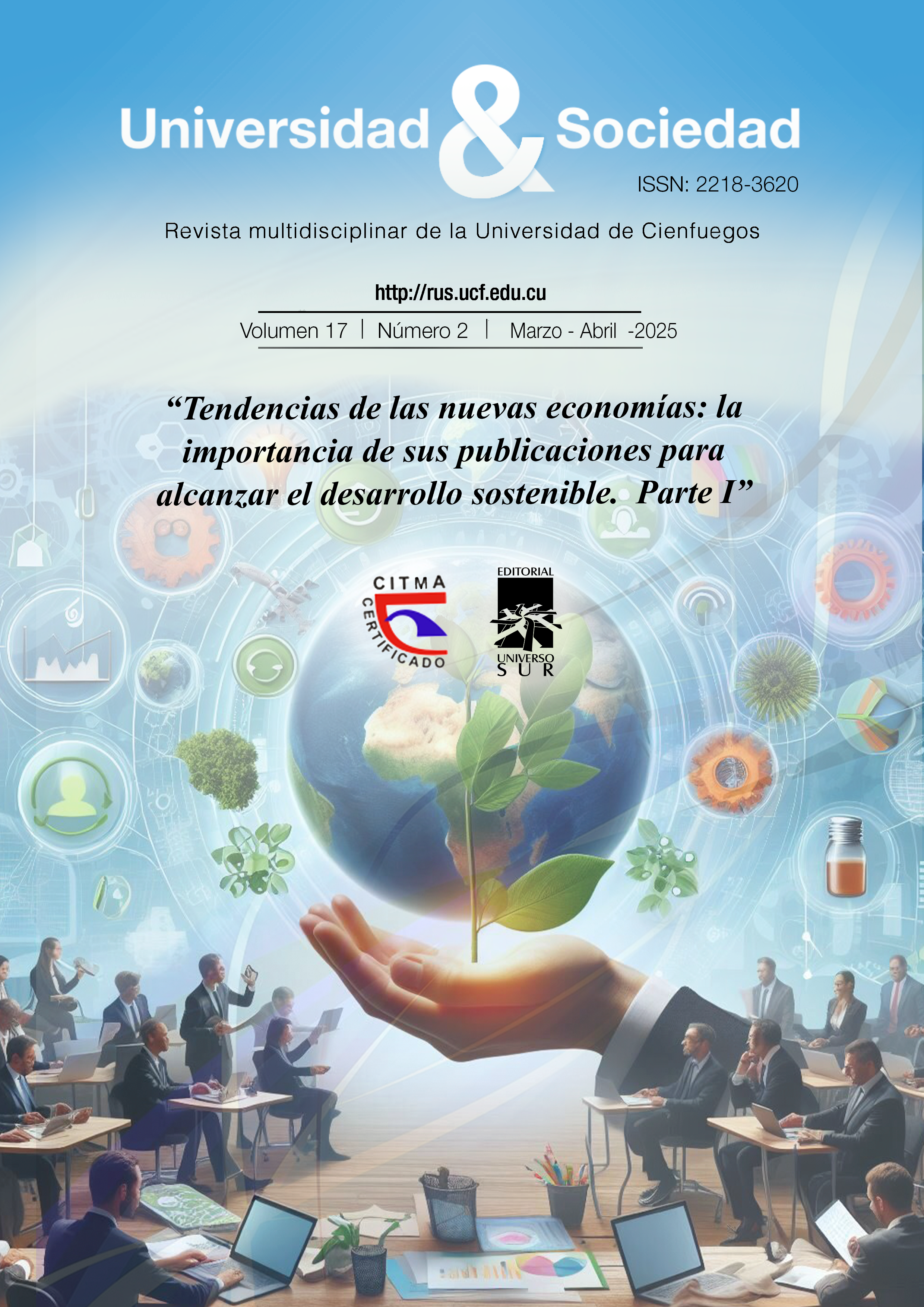General urban landscape resilience: applied cartographic analysis in Querétaro, Mexico
Keywords:
General resilience, Landscape urbanism, Heterogeneity in density, Social-ecological overlap, Spatial continuityAbstract
Climate change concerns researchers because its effects are experienced through extreme weather conditions and natural disasters. Habitat must be prepared for these unforeseen disturbances. The general resilience theory states that any socio-ecological system can have a structure capable of absorbing any type of disturbance. Since the landscape can be considered a socio-ecological system, it can be resilient to uncertain and changing conditions, accelerated by climate change and social uncertainty. To understand what general resilience of the urban landscape is, how to comprehend and analyze it, this article interrelates existing theories and operationalizes their parameters. Based on documentary research, it is proposed that socio-ecological overlap, spatial continuity, and heterogeneous density in openness to exchange are the basic principles in the study of the general resilience of the urban landscape. Additionally, we created a cartographic analysis framework to understand the general resilience of the landscape, applying it to five urban sectors in Querétaro (Mexico). The results are presented in cartographies according to the previously defined basic principles. The case studies demonstrate that the city’s landscape lacks general resilience, but also indicate that, through cartography, unfavorable spaces can be identified and even possible solutions suggested.
Downloads
Published
How to Cite
Issue
Section
License
Copyright (c) 2025 Editorial "Universo Sur"

This work is licensed under a Creative Commons Attribution-NonCommercial-NoDerivatives 4.0 International License.
"Universo Sur", the publishing house of the University of Cienfuegos, publishes the Universidad y Sociedad Journal under the Creative Commons Attribution-NonCommercial-NoDerivatives 4.0 International License (CC BY-NC-ND 4.0).
You may share the material for non-commercial purposes, provided that you:
-
Give appropriate credit (authors, journal, article link, and link to this license).
-
Do not create derivative works.
-
Indicate if changes were made.
Authors retain copyright.
Full license text: https://creativecommons.org/licenses/by-nc-nd/4.0/










